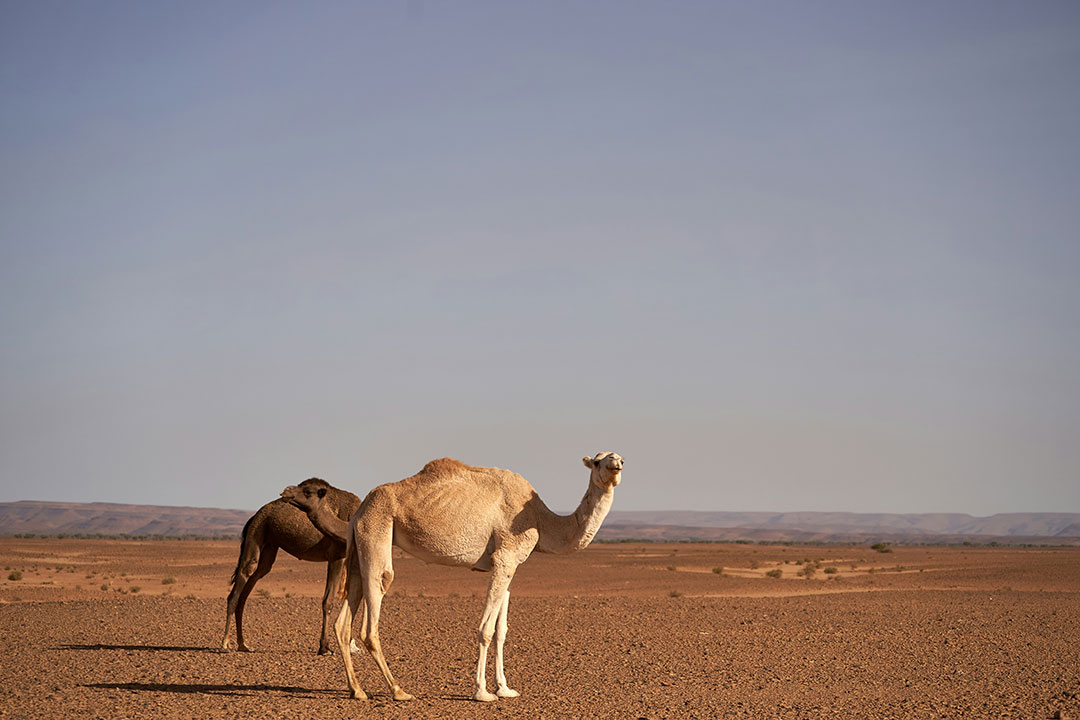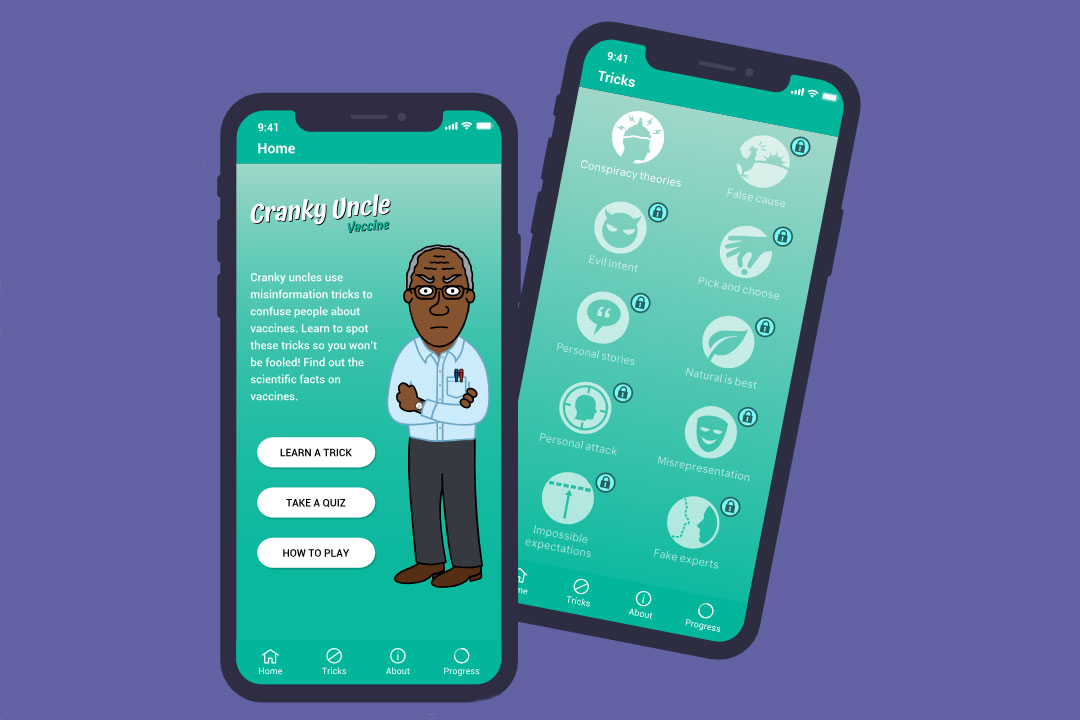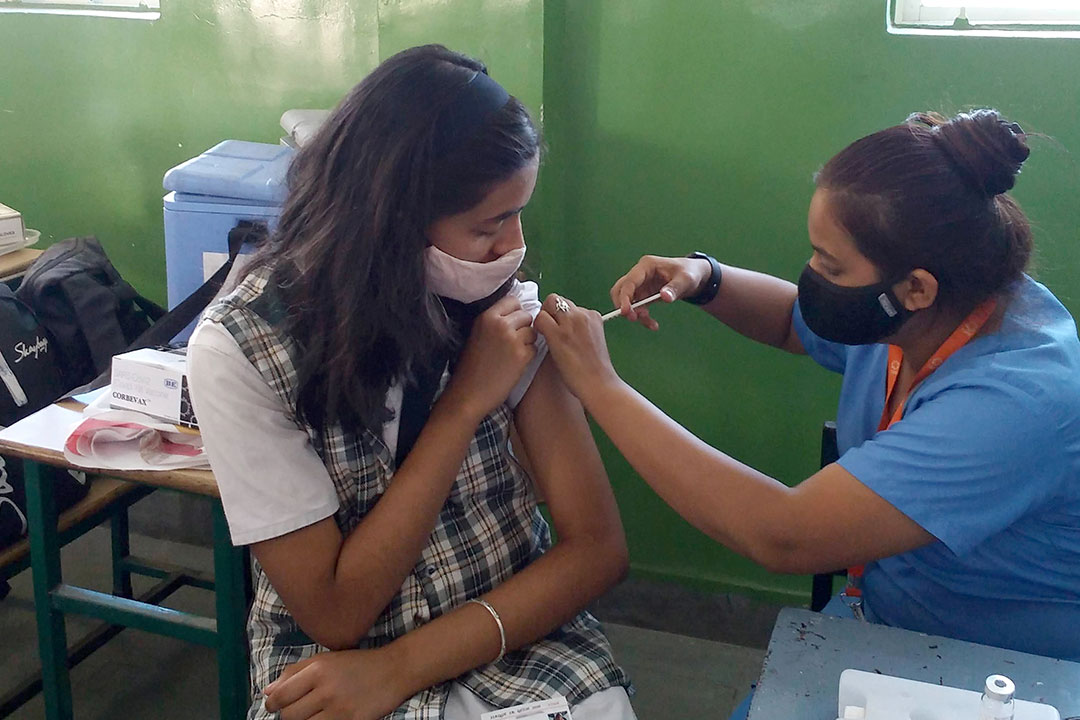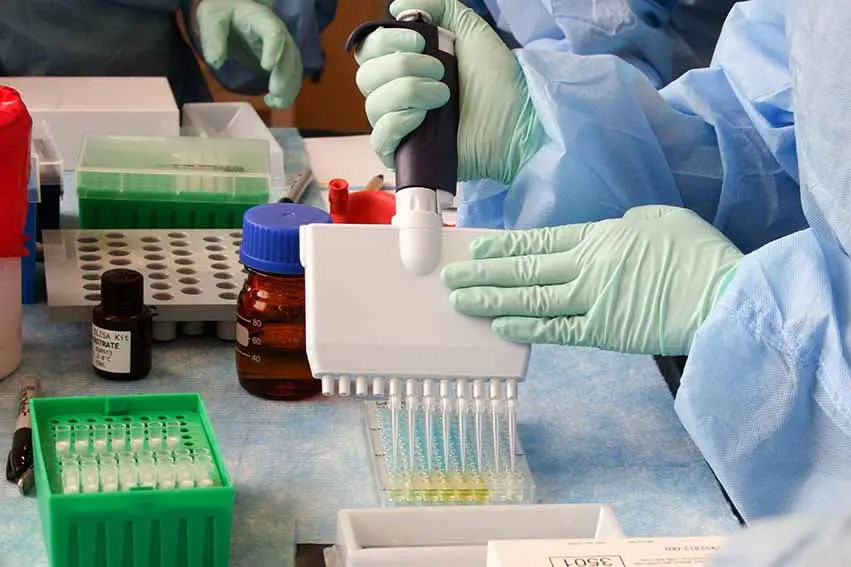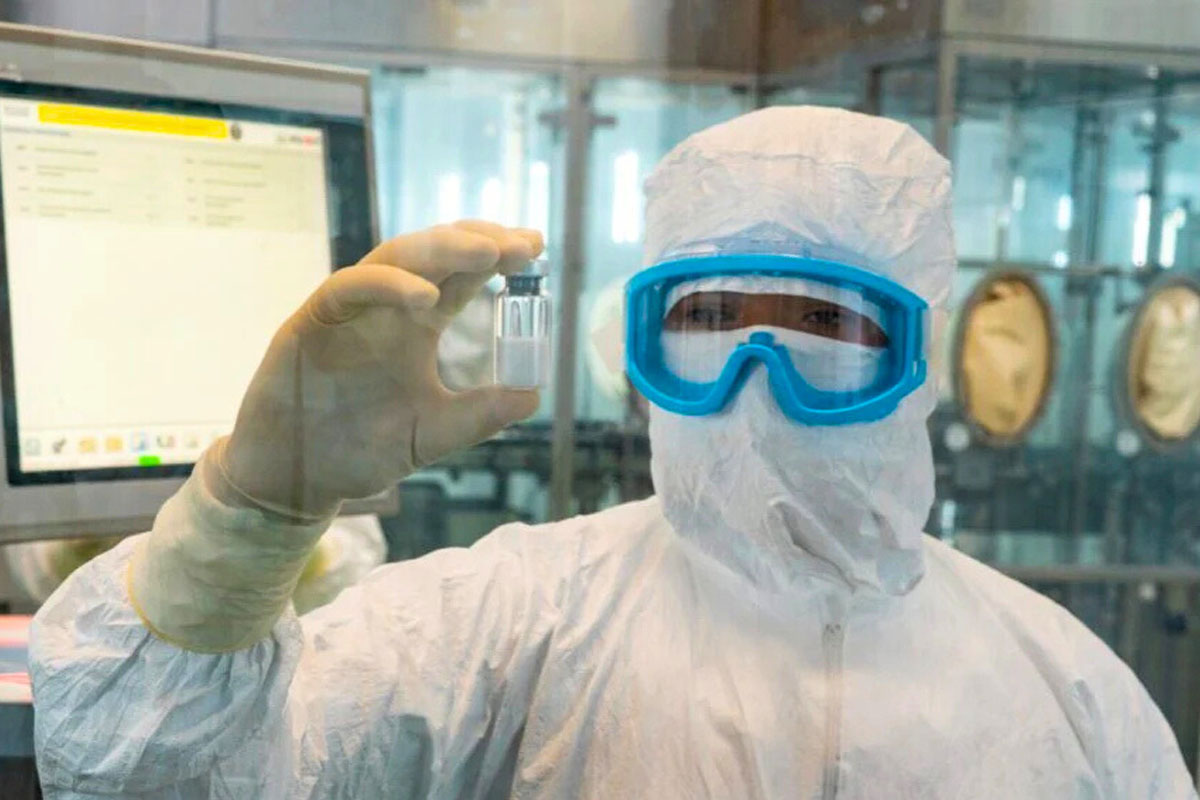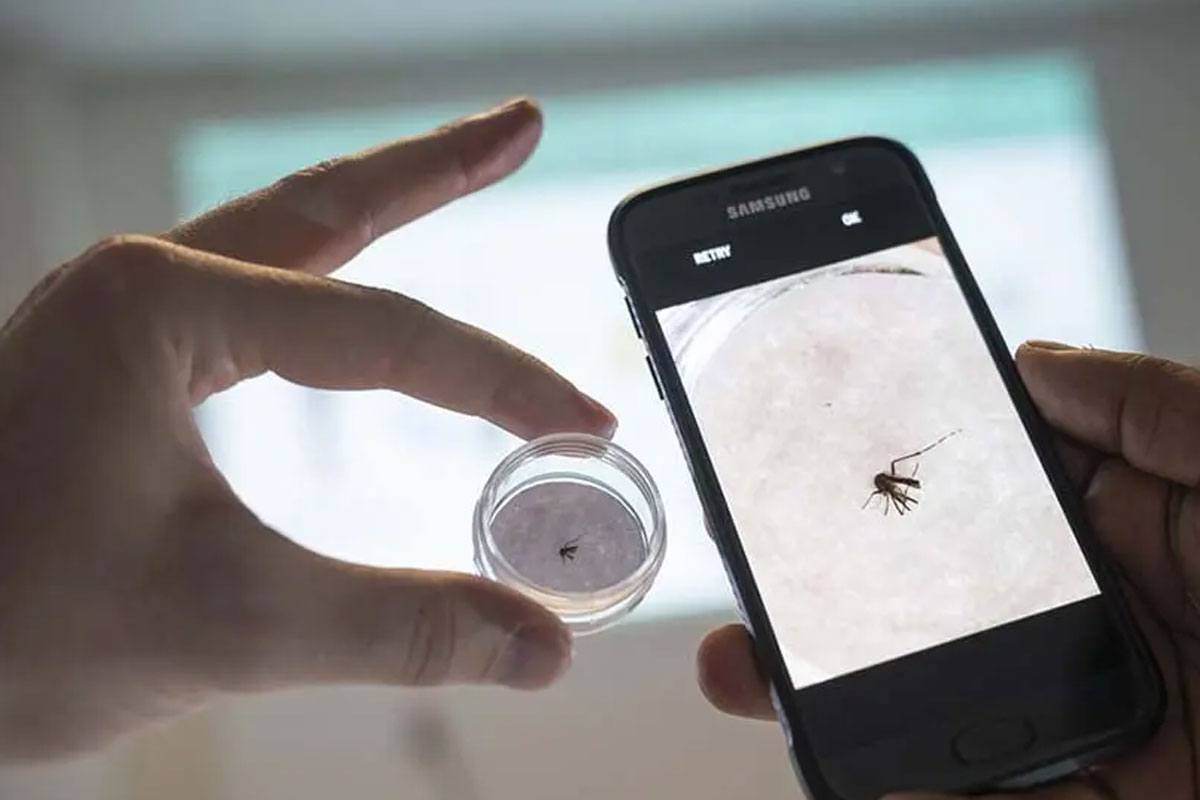Q&A: Local context is key to nourishing children, says specialist
Guatemalan researcher says science must be applied to the context and culture to reduce child malnutrition. Science must be applied ‘in context’ to effect change.
- 2 March 2023
- 7 min read
- by SciDev.Net
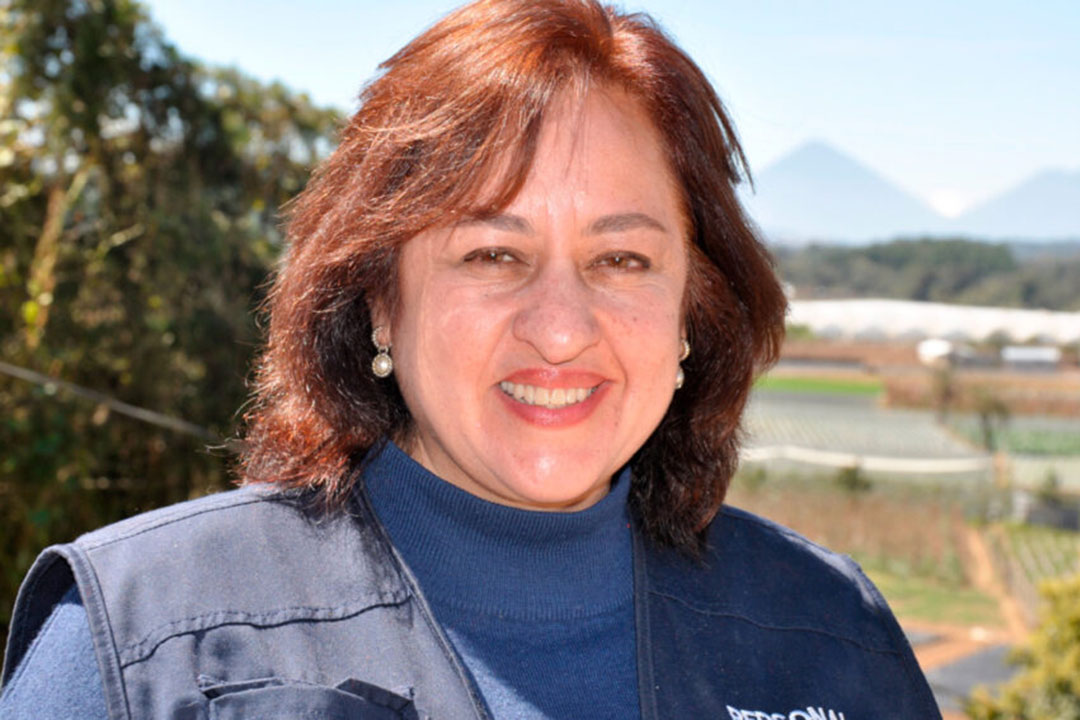
Gabriela Montenegro Bethancourt never imagined she would become a scientist. But her mother’s encouragement and her love of study led her to pursue a career in nutrition focused on children in Guatemala.
According to UNICEF, Guatemala has the highest malnutrition rates in Latin America and sixth in the world. Almost half of the country’s child population suffers from chronic malnutrition. Linked to this is a high rate of acute diarrhoeal diseases and an infant mortality rate of 3.4 per cent.
For Montenegro, nourishing children has become a scientific and public policy priority. After completing a Master’s degree in Biomedical Sciences-Public Health, at the Free University of Amsterdam and a PhD at the Institute for Child Nutrition, Dortmund and the University of Bonn, Germany, Montenegro has become an authority on child nutrition in the region, focusing on nutrients that can improve the diet of children and adolescents in her country.
She is one of seven women scientists who won the Awards for Early Career Women Scientists in the Developing World 2023, given by UNESCO’s Organization for Women in Science for the Developing World (OWSD) and the Elsevier Foundation.
You studied dental hygiene and electrical engineering, but suddenly your life turned to nutrition. At what point did you decide you wanted to become a nutritionist?
Since I was a child I knew I wanted something in health, but I also wanted to be a writer or an artist. It was never clear what I was going to be in the future. The first career I studied was dental hygienist, which put me in contact with many communities.
There I realised the precariousness of rural children’s health and that it had to do not only with teeth, but with health in general. I decided to study dentistry, but I dropped out.
Then I won a scholarship to study biomedical electronic engineering in the United States, but it was not what I expected either. So, when I returned to Guatemala, because I always wanted to go back, I decided to study nutrition, because, more than the clinical practice, I was very interested in doing research in nutrition.
But a lot of your research has to do with the clinical practice and solving things in the field. How do you manage to bring your theoretical research to the life of communities?
I see theory, of course, as the basis of science, but as a Guatemalan, what I have tried and learned is that I have to apply that science to the context – look at the culture, look at reality. I think that allowed me to keep my feet on the ground.
We need to position science in Guatemala and ensure that actions, programmes and projects are based and built on a scientific approach. But we must apply the truths of science to the context and to translate information so that nutrition issues are understandable for anyone.
That is a challenge, especially now that everyone is an expert and nutrition coach, but without being based on evidence.
One example is hydration, which was a topic I studied in my master’s degree. We saw that the recommendation was overrated. We are often told to drink eight glasses of water, but where did they get that figure?
Recommendations, especially in children, are dangerous, because they depend a lot on the context – temperature, physical activity, metabolism, access to water, etc.
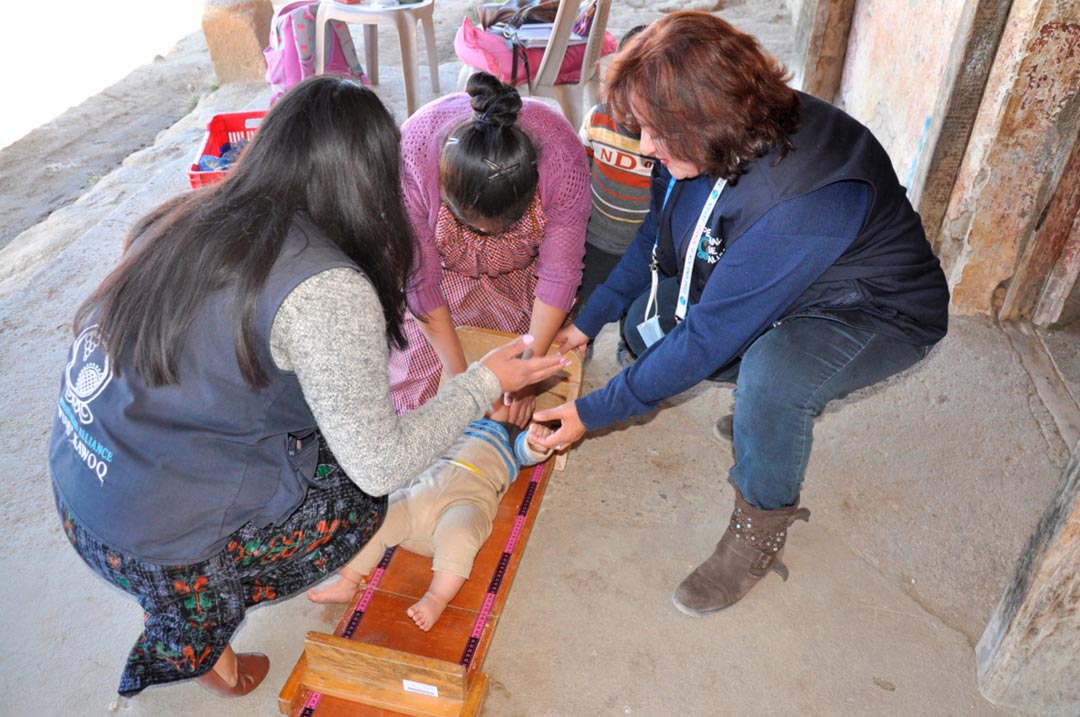
What elements of the context in Guatemala have you found most challenging for health interventions, especially to alleviate malnutrition in children?
For example, Guatemala has 23 indigenous groups, specifically the Garifuna and Xinca. So there is a great cultural diversity in a very small geographic space. This has implications for the language – we we do not have an official language and the messages are always different. And it is not only a matter of language but of the world view of each group.
Have you read?
These differences also have implications in diet. There are many myths, but also many ancestral practices which are no longer encouraged because they have become a taboo or an object of discrimination.
There are other things in the diet that are being changed by all the influences we have from other countries, especially in the global North. One example is baby food. Here, there is no baby food – they eat what adults eat – but that changes when other ideas and products are introduced which are not really part of our context or our history.
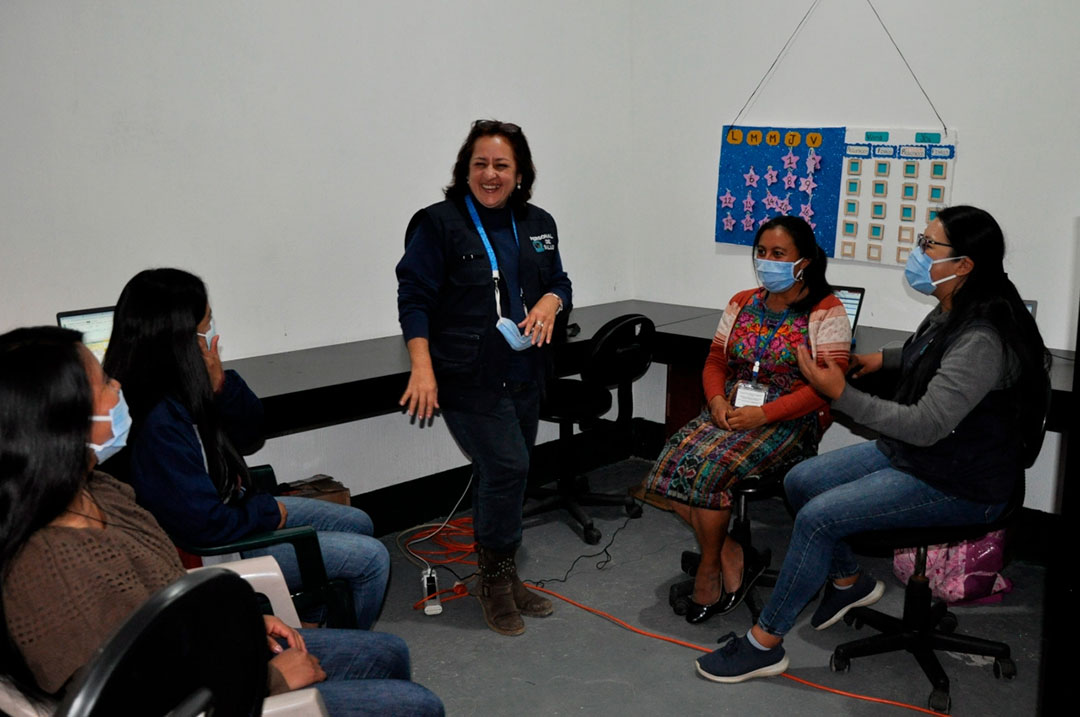
Logic would tell us that, due to its rich geography, ecosystems and biodiversity, Guatemala would have a wide and diverse access to food, and yet it is one of the countries with the worst nutrition indices in the world. Why is this?
I think there are many reasons, related to the poor access to resources that we have had throughout history. Although we have peaks in food production, we do not necessarily have economic or physical access to them.
I blame the governments, which have never taken pains to change the health system in order to ensure people have access to quality health services. Malnutrition is a health issue and it must be analysed from a holistic perspective.
We have programmes in which people are given food supplements – that is important, but it cannot be the only thing. We must change the health system and generate evidence-based programmes.
Regarding malnutrition in Guatemala, what kind of evidence do you think anyone responsible for public policies should know about?
It is complex, because to have evidence we need to make systematic reviews and see what works. To do so, we also need information about our population that we don’t generally have in Guatemala.
One thing that is important and for which there is evidence is the impact of improving mothers’ education on children’s nutrition indicators. But it is not only about providing information but, again, adapting it to the context, because each community is different.
What would be the easiest nutritional changes to implement in order to improve nutrition in the child population?
One of the problems of children in Guatemala is their short size and the implications that has on their development and learning. So, one of the things we have to do is to continue to promote proper breastfeeding practices.
It is also important to improve hygiene in food handling, as there are communities that do not have refrigerators and store food at room temperature. I believe that there are practices that can be strengthened so that these contexts do not become a health risk.
“We must apply the truths of science to the context and to translate information so that nutrition issues are understandable for anyone.”
– Gabriela Montenegro Bethancourt, nutritionist
We are also developing research on eggs. We are doing a study in 1,200 children from indigenous communities to evaluate the effect of adding an egg to their diet. Eggs have nutrients that we believe can help growth, not only physical but also cognitive development.
As a Latin American woman scientist, how has your work with communities changed your way of doing science?
I think that something important has been to get out of colonialism. Sometimes people who do science want things to be done the way we want them to be done. We need to listen.
Here many women are already born with guilt and we judge them even more about how they feed their babies. Rather than imposing our ideas, we should listen to them, identify the practices they are doing and propose options according to their context.
Sometimes foreign science can make great contributions, but it is here that we see what is truly possible.
Written by
Website
he article was supported by the Elsevier Foundation, a corporate foundation focused on sustainable development in gender, health, climate and reducing inequalities. The Elsevier Foundation is funded by Elsevier, a global leader in information and analytics helping researchers and healthcare professionals to advance science and improve health outcomes.
This Q&A is part of a series of three interviews with influential female scientists and changemakers from Latin America as result of a partnership between the Elsevier Foundation and SciDev.Net. The three scientists will be part of a panel at the World Conference of Science Journalists in Medellin, Colombia, in March, to discuss gender in research.
More from SciDev.Net
Recommended for you




